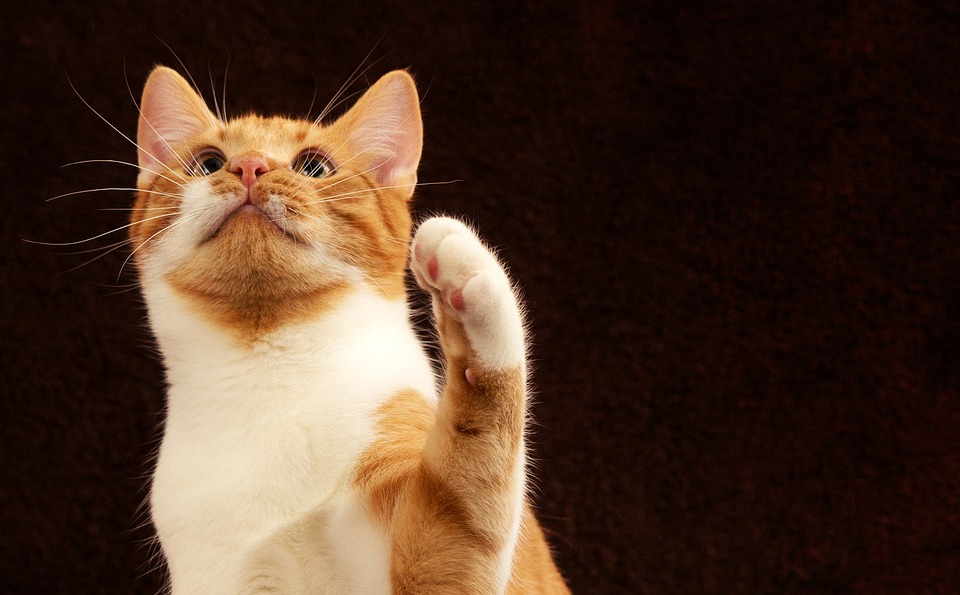Cats are renowned for their independence, grace, and adorable antics. However, when it comes to their dental health, they often rely on their human companions for care. Just like humans, cats can develop dental issues, such as dental plaque, tartar, and gum disease, if their oral hygiene is neglected. Proper dental care is essential to ensure your feline friend’s overall well-being. In this article, we will delve into the importance of cat dental care, explore effective techniques, and address common FAQs to help you become a pro at maintaining your cat’s oral health.
Why Dental Care Matters for Cats
Cats, regardless of their breed or age, are susceptible to various dental problems. Ignoring their oral health can lead to discomfort, pain, and even serious health complications. Here’s why dental care is vital for your furry companion:
1. Prevents Dental Diseases: Regular dental care prevents the buildup of plaque and tartar, which are the primary culprits behind dental diseases in cats.
2. Promotes Overall Health: Poor oral health can impact your cat’s overall well-being, potentially leading to heart, liver, and kidney issues. Proper dental care helps prevent the spread of harmful bacteria throughout the body.
3. Enhances Quality of Life: Healthy teeth and gums allow your cat to eat, chew, and groom comfortably, ensuring a happy and active life.
Effective Dental Care Techniques for Cats
Now that we understand the significance of dental care for cats, let’s explore some effective techniques to maintain optimal oral health:
1. Brushing Your Cat’s Teeth: Regular tooth brushing is the gold standard for cat dental care. Use a cat-specific toothbrush and toothpaste (avoid human toothpaste as it may contain harmful ingredients) to gently brush your cat’s teeth in a circular motion. Aim for a daily brushing routine, starting with short sessions and gradually increasing the duration.
2. Dietary Considerations: Providing your cat with a balanced diet that includes dental-friendly food can contribute to their oral health. Feeding them dry kibble or dental treats designed to reduce plaque formation can be beneficial.
3. Regular Veterinary Check-ups: Schedule routine dental check-ups with your veterinarian. They can assess your cat’s oral health, perform professional cleanings, and address any underlying dental issues.
4. Supplemental Dental Care: Utilize additional dental care products such as dental gels, water additives, or dental wipes, as recommended by your veterinarian. These can help reduce plaque and freshen your cat’s breath.
Frequently Asked Questions (FAQs)
1. How often should I brush my cat’s teeth?
– Ideally, you should aim to brush your cat’s teeth daily. However, if that’s not feasible, aim for at least three times a week.
2. Can I use human toothpaste for my cat’s dental care?
– No, human toothpaste should never be used for cats as it contains ingredients that can be harmful if ingested. Always opt for toothpaste specifically formulated for cats.
3. Are there any signs of dental problems I should watch out for?
– Yes, some common signs of dental problems include bad breath, reduced appetite, pawing at the mouth, excessive drooling, and visible tartar buildup. If you notice any of these signs, consult your veterinarian promptly.
4. Is anesthesia required for professional dental cleanings at the vet?
– Yes, in most cases, professional dental cleanings for cats require anesthesia. This ensures a thorough examination, cleaning, and treatment without causing stress or discomfort to your cat.
By implementing these dental care techniques and being proactive in your approach, you can significantly contribute to your cat’s dental health. Remember, a little effort goes a long way in keeping your feline companion’s pearly whites in top shape and ensuring a happy and healthy life!








